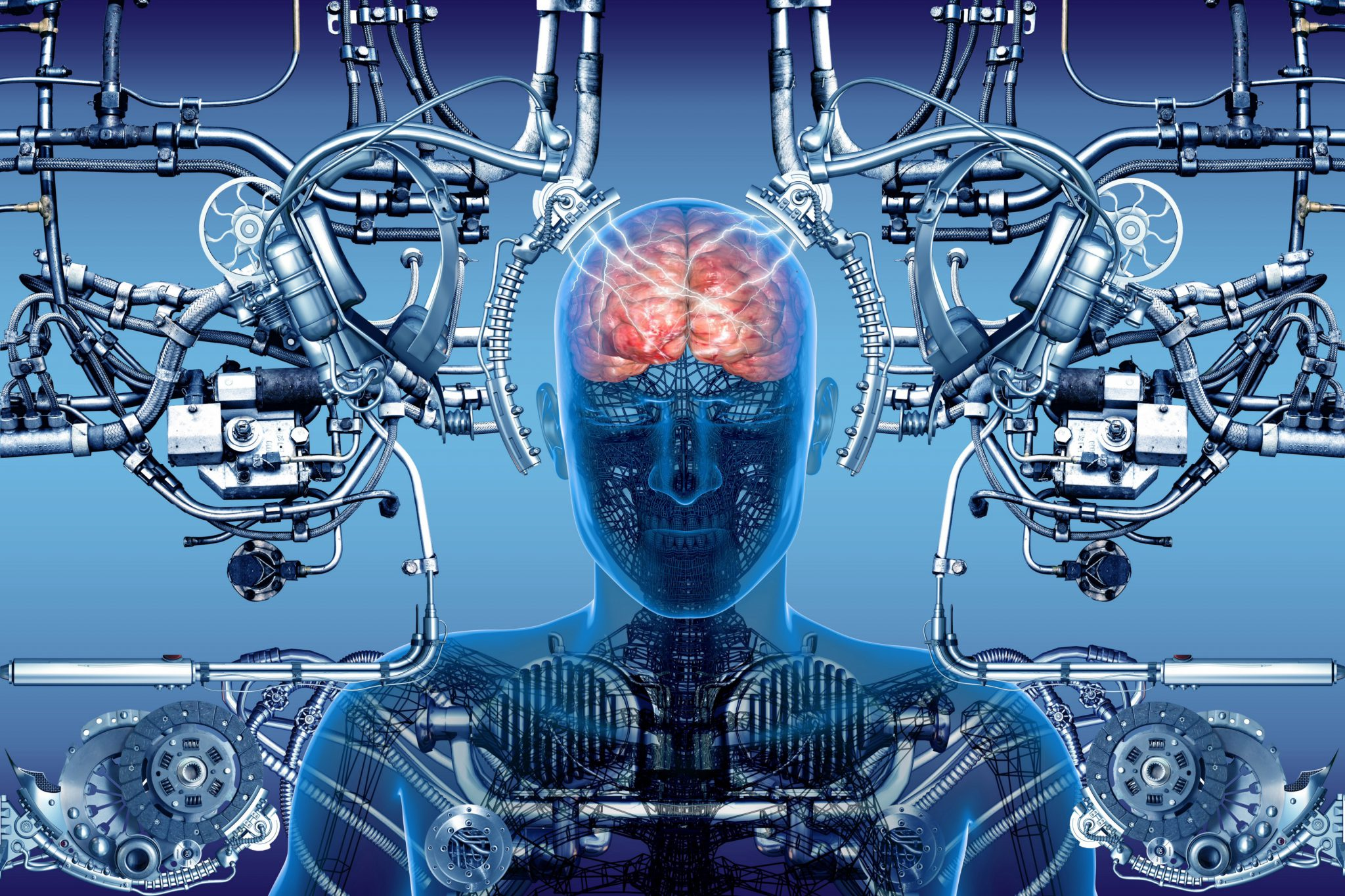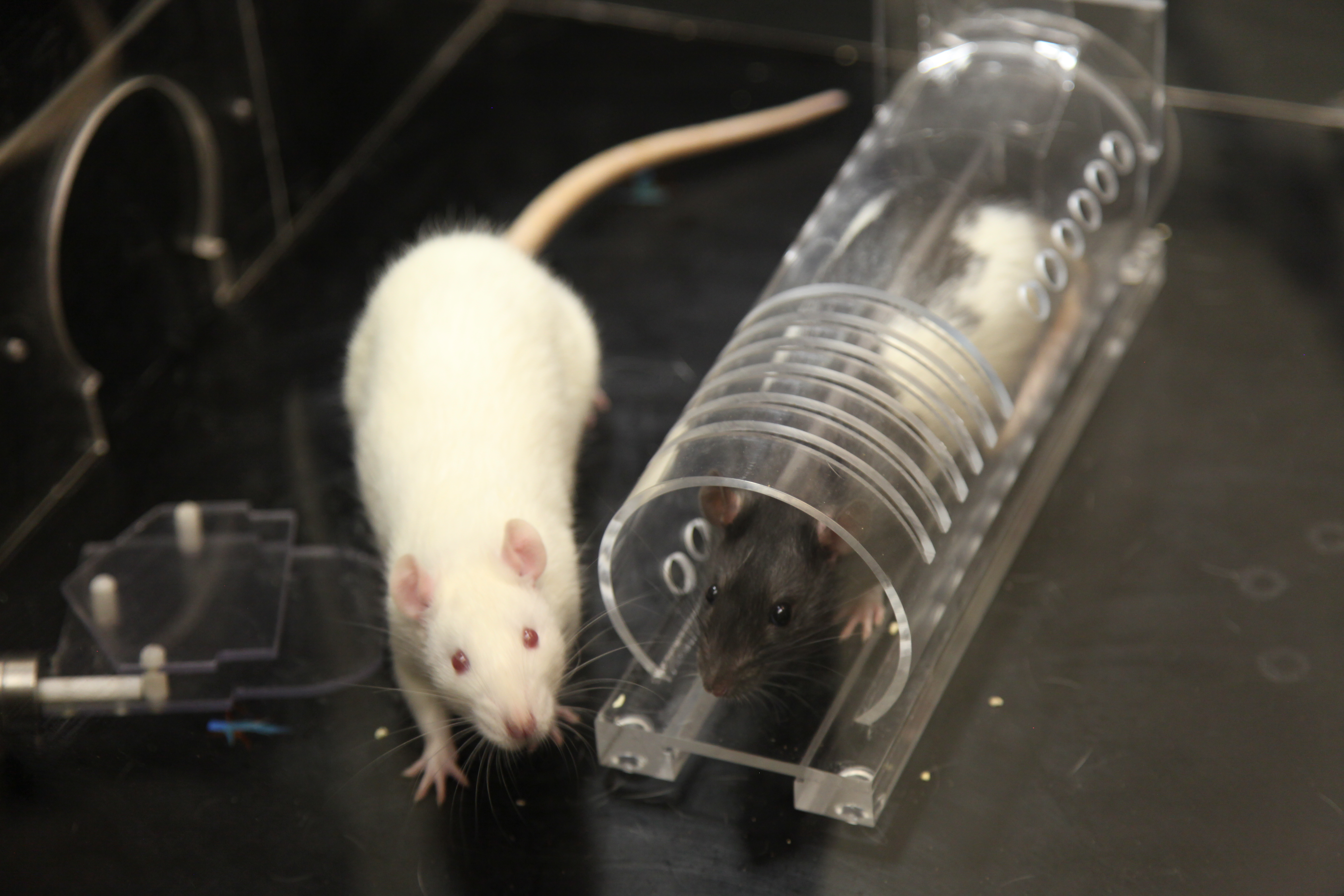Brain-computer interfaces (BCIs) represent a groundbreaking intersection of technology and neuroscience, capturing the imagination of innovators and ethicists alike.These advanced systems have the potential to revolutionize the way we interact with machines, offering unprecedented capabilities for individuals with disabilities to control devices simply by thinking.
NCAA Bracket Odds: Why a Perfect Pick is Nearly Impossible
When it comes to NCAA bracket odds during the thrilling March Madness tournament, the chances of achieving a perfect NCAA bracket are astonishingly slim.Statistically, the likelihood can be likened to winning the Powerball multiple times, emphasizing just how difficult it is to flawlessly pick a bracket.
AI Social Behavior in Rats: Insights for Autism Research
AI social behavior in rats is revolutionizing the landscape of neuroscience, offering profound insights into the connection between brain function and social interaction.Researchers have developed innovative machine learning methods that allow them to analyze the intricate social dynamics among rats, revealing patterns akin to human behaviors.
Mini-Lens Technology: Revolutionizing Consumer Electronics
Mini-lens technology is revolutionizing the world of optics and electronics, paving the way for a new era of consumer devices.Developed in the Capasso lab at Harvard, these innovative lenses utilize metasurfaces crafted from tiny pillars to manipulate light efficiently, all while maintaining a compact design.
Dark Energy Findings Challenge Universe’s Future Outlook
Dark energy, a mysterious force essential to our understanding of the cosmos, has unveiled its complexities through the latest results from the Dark Energy Spectroscopic Instrument (DESI) collaboration.This collaborative effort, which includes significant contributions from researchers at Harvard, hints that dark energy—often synonymous with the cosmological constant—might not be as constant as once thought, suggesting it could be weakening over time.
Franklin Stove: Uncovering a Key Invention by Benjamin Franklin
The Franklin stove, one of Benjamin Franklin’s lesser-known inventions, represents a significant leap in early American science and innovation.Developed during the harsh winter of 1740-1741, this ingenious heating system not only provided warmth but also reduced wood consumption, showcasing Franklin’s commitment to climate adaptation technologies.
Energy-efficient Air Conditioning: Cutting Emissions with Innovation
Energy-efficient air conditioning stands as a beacon of hope in the fight against climate change, promising to reduce the staggering 4 percent of global greenhouse gases emitted by traditional cooling systems.As global temperatures continue to rise, the impending increase in air conditioning demand, projected to soar by 40 percent by 2030, makes innovative cooling technology more vital than ever.






